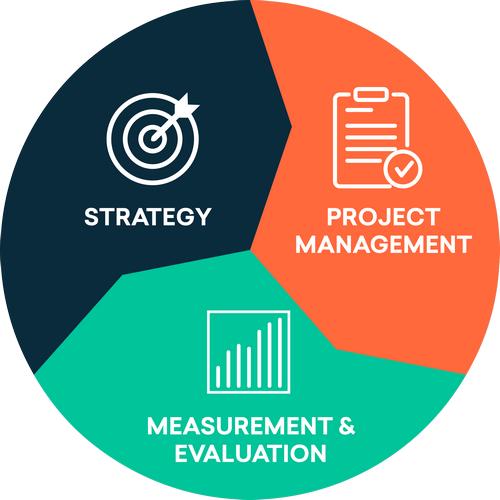
Environmental sustainability
“
“I like to envision the whole world as a jigsaw puzzle … If you look at the whole picture, it is overwhelming and terrifying, but if you work on your little part of the jigsaw and know that people all over the world are working on their little bits, that’s what will give you hope.”
– Jane Goodall
Our natural world is a finite resource that requires conservation, stewardship and planning. Its health and wellbeing are also closely tied to ours.
We believe that engaging science, technology and good governance is critical to ensure that our natural resources will continue to exist and help future generations to thrive.
A focus on renewable energy, energy efficiency and the human and natural world interface will be critical to solving our energy and resource challenges.
We work to ensure that the oceans, air, water and land are healthy and plentiful. We work to support inclusive human development in the context of constrained resources, for example, by understanding how urban planning can play a role in the resiliency of cities and towns.
Our work focuses on developing insights and addressing complex problems in the global effort to sustain our environment. We acknowledge the critical linkages between the environment and human development and health, while also retaining a focus on the enormous amount of energy required just to preserve our natural resources for future generations.
Looking ahead, we can anticipate that pressure on the environment will only increase. We will face more, and more extreme, weather events, put more species at risk of extinction and face more constrained supplies of arable land and life-giving water. Let’s work together to address these challenges before they become bigger crises than they already are.
We support diverse partners to advance their aims on environmental sustainability. Our reach is global. We have worked on environmental sustainability issues in Asia, North America and Northern Europe. Our work has touched on issues such as: climate change, global seafood markets, carbon markets, sustainable cities, renewable energy and conservation.
Examples of questions we have addressed or are thinking about include:
- What is the role of philanthropic investment in addressing market failures in global seafood markets?
- To what extent do philanthropic investments in carbon markets, sustainable cities and renewable energy contribute to broader efforts on climate change mitigation?
- How do responses to climate change vary by country or geography?
- Scott Chaplowe
Director of EME, Children’s Investment Fund Foundation (UK)

Examples of our work include:
Portfolio evaluation of Global Seafood Markets:
GIA co-led a portfolio evaluation of two foundations’ investments in Global Seafood. We used a market transformation framework previously applied to sustainable agricultural products as a story-telling aid to understand the changes in the global seafood markets. We made clear recommendations about how the foundations can continue their work to increase access to and availability of sustainable seafood.
Organizational results framework
GIA developed an organizational results framework for a non-profit client to clearly articulate the impact and outcomes of its climate change work. The organization continued to develop, refine and implement a monitoring and evaluation plan to support the organizational results framework after GIA completed its work and is now using the results framework to monitor and report at the organizational level.
